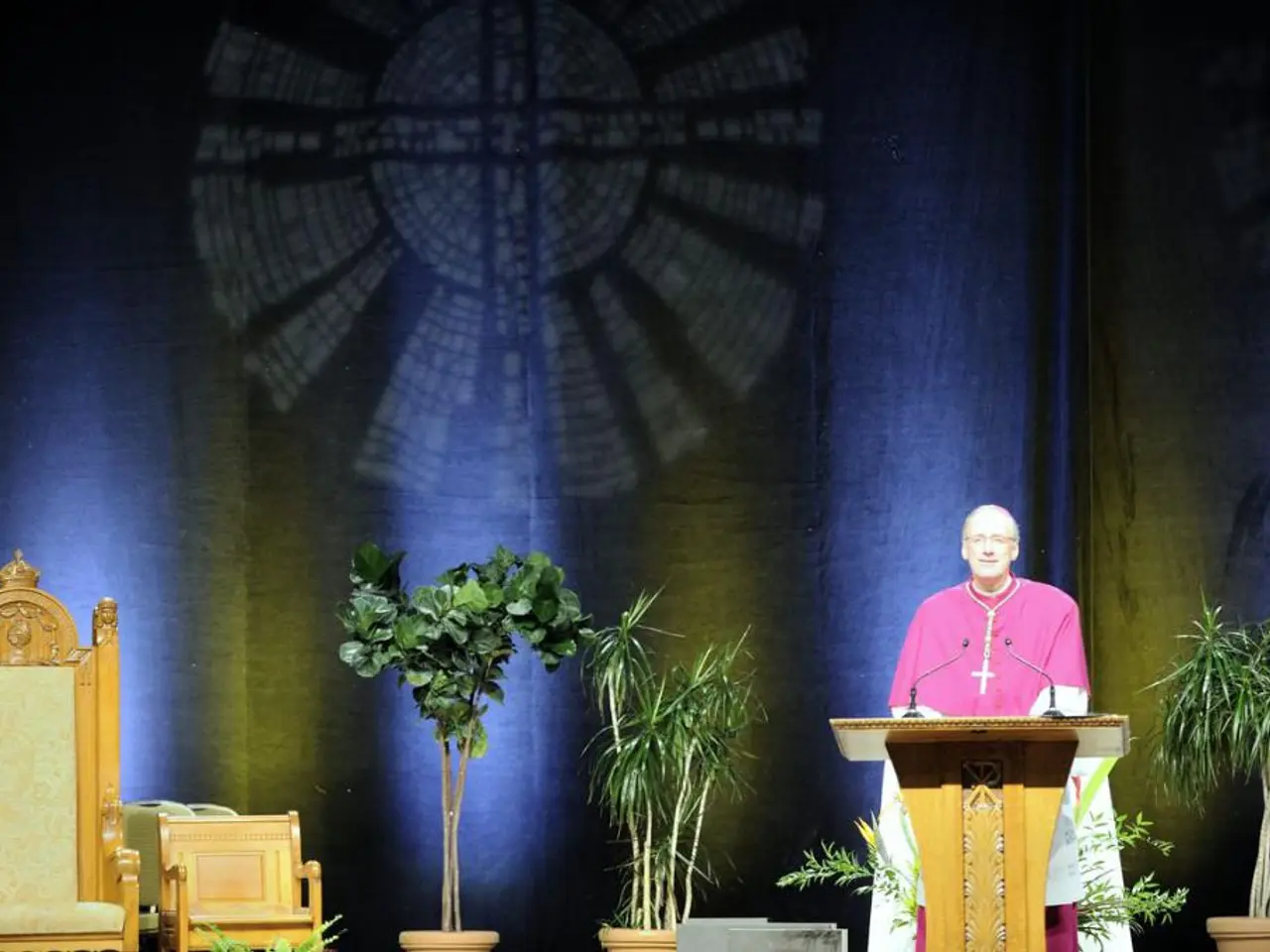White House Offers Incentives to Universities for Adopting Political Priorities
The White House has sent a 'Compact for Academic Excellence in Higher Education' to nine prestigious universities. This compact, a shift from previous strategies, offers rewards in exchange for adopting certain political priorities. It covers admissions, women's sports, free speech, student discipline, and college affordability.
The compact promises universities priority access to federal grants and invitations to White House events. However, it also imposes several conditions. It asks universities to stop considering race, gender, and other demographic factors in admissions, and to require SAT or ACT scores from undergraduate applicants.
Universities that sign the compact must cap international enrollment at 15%, with no more than 5% from a single country. They are also asked to adopt the government's definition of gender for campus bathrooms, locker rooms, and women's sports teams.
The compact requires universities to foster a 'vibrant marketplace of ideas' with no dominant ideology and to prevent disruption to classes or campus libraries. This comes after a federal judge overturned cuts to Harvard in September, stating the government had overstepped its authority.
The White House is offering incentives to nine major universities to adopt its political priorities. The compact, if signed, would significantly impact admissions policies, international enrollment, and campus culture. It remains to be seen how these universities will respond to the compact's conditions.
Read also:
- Postpartum Period and Gestational Diabetes: Does it Persist?
- Controlled spree of Legionnaires' disease among Harlem residents ceased, city health authorities confirm; however, locals push for increased openness and information disclosure
- Transform City for the Better
- Prostate Cancer Examination Guidelines, Outcomes, and Financial Aspects




